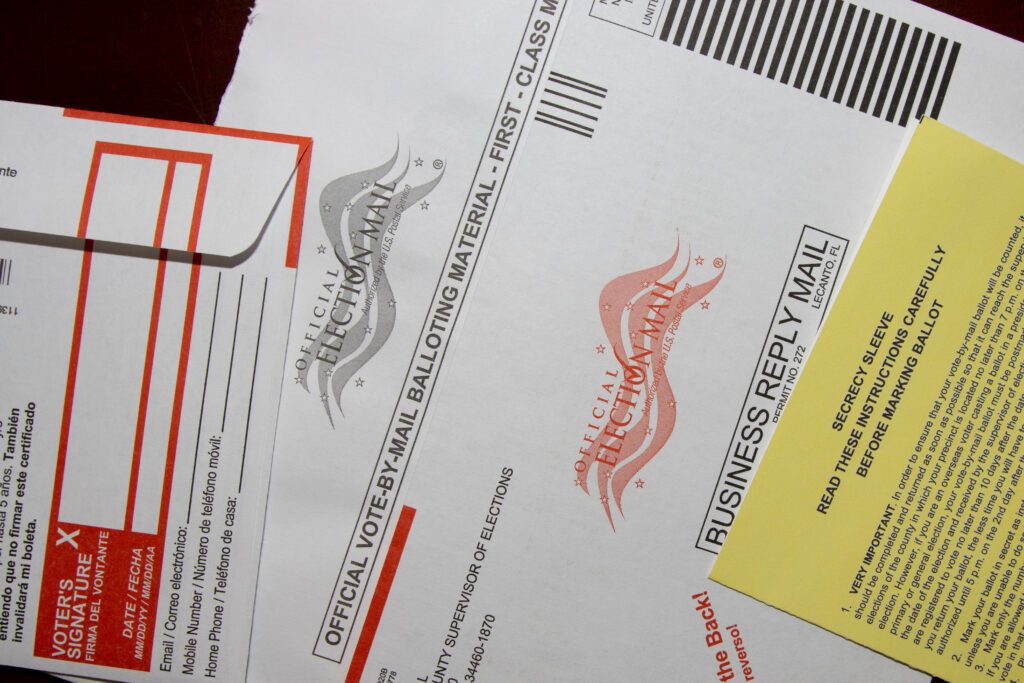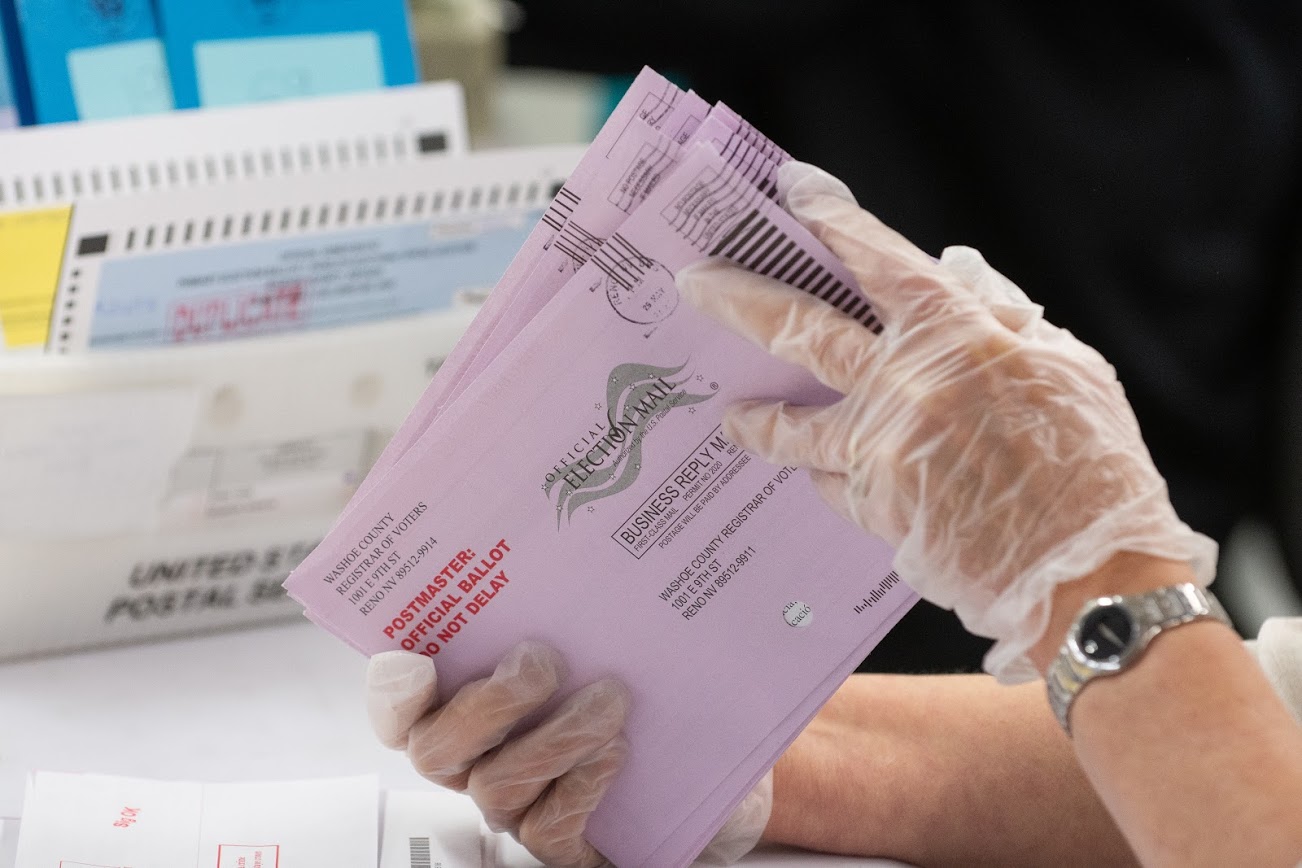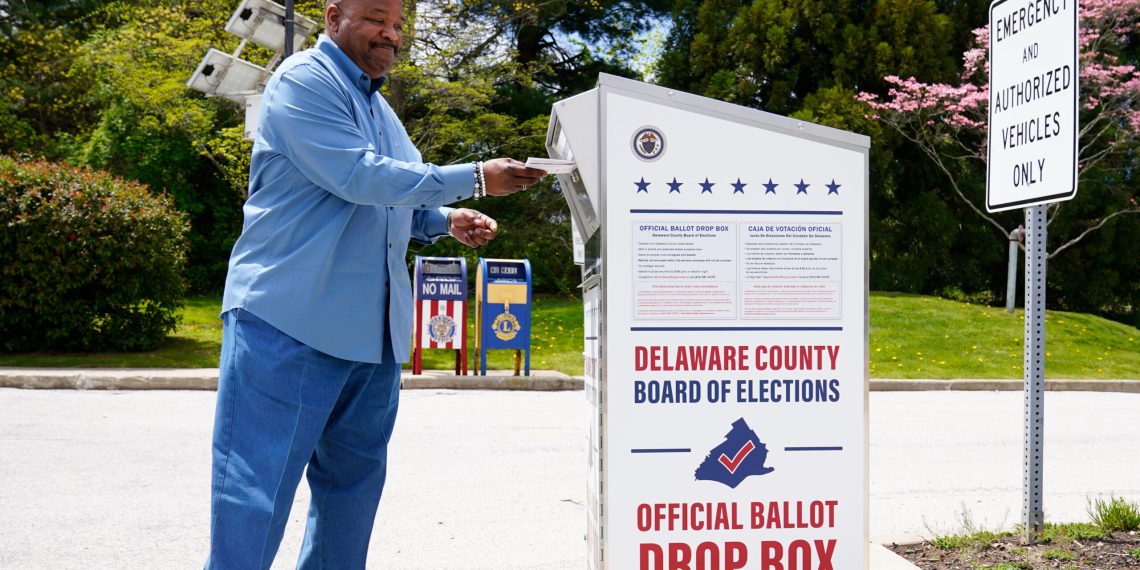The 3rd U.S. Circuit Court of Appeals in Philadelphia upheld Pennsylvania’s regulation allowing the rejection of mail-in ballots with incorrect or missing dates on their envelopes.
This decision, reached by a 2-1 vote, is seen as favoring Republicans and could result in the dismissal of numerous ballots in the upcoming presidential election, where Pennsylvania plays a pivotal role.
Advocacy groups, including the Pennsylvania State Conference of the NAACP, had contested the state’s requirement to discard ballots with date errors, citing violations of the federal Civil Rights Act’s materiality provision, which safeguards against the denial of voting rights over minor paperwork issues.

In the 2020 election, Democrats significantly utilized mail-in voting, aiding Joe Biden‘s victory in Pennsylvania over Donald Trump.
The lower court had previously ruled in favor of the advocacy groups, deeming the state’s requirement unconstitutional. However, the Republican National Committee and other GOP entities appealed this decision, leading to the recent appellate ruling.
Writing for the majority, U.S. Circuit Judge Thomas Ambro explained that the materiality provision applies solely to determining voter eligibility, not to procedural ballot rules. He was supported by U.S. Circuit Judge Cindy Chung.
U.S. Circuit Judge Patty Shwartz dissented, emphasizing that the ruling could permit the rejection of valid ballots over insignificant paperwork errors, potentially disenfranchising qualified voters.

The decision adds to the ongoing national debate over voting rights and electoral integrity, with its implications reverberating beyond Pennsylvania. In a separate ruling, a federal court upheld Florida’s congressional map, rejecting claims of discrimination against Black voters.
These legal outcomes underscore the significance of judicial decisions in shaping electoral processes and outcomes.




